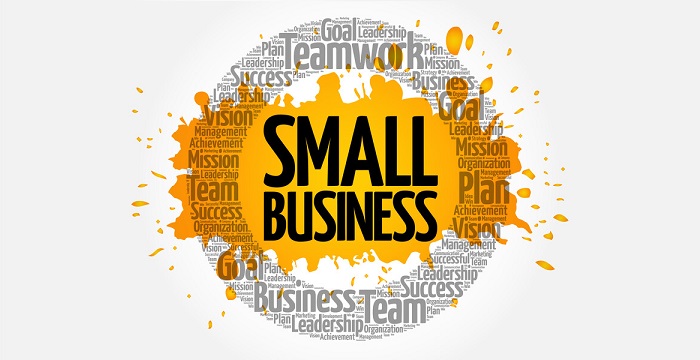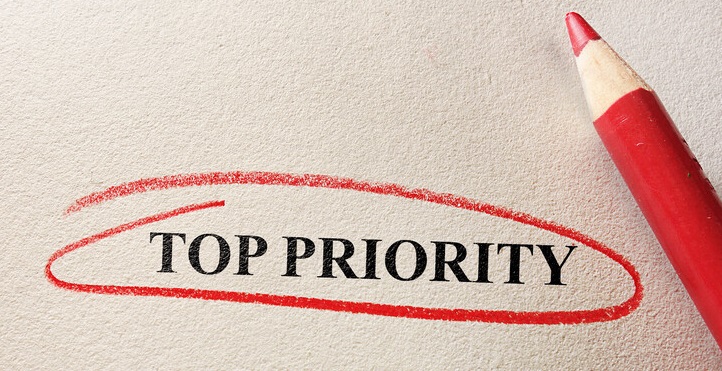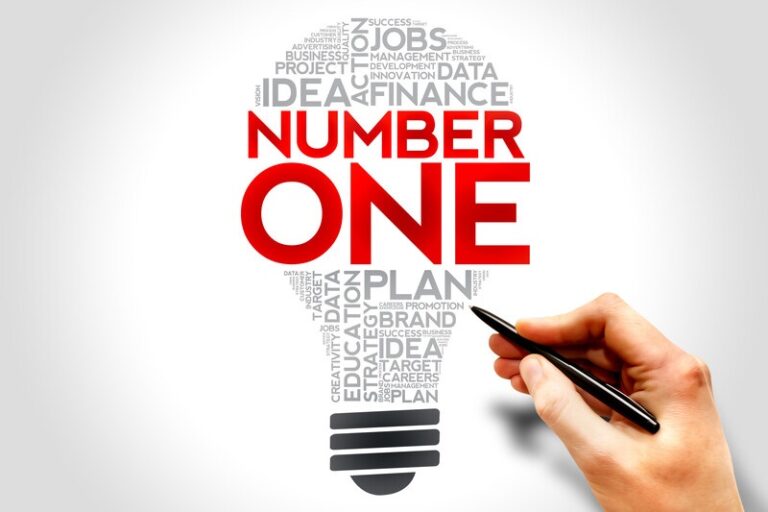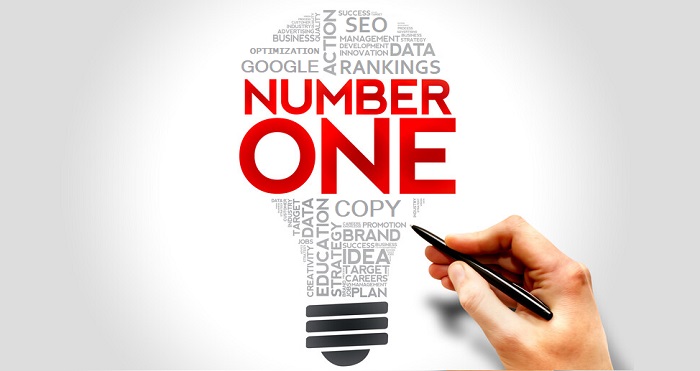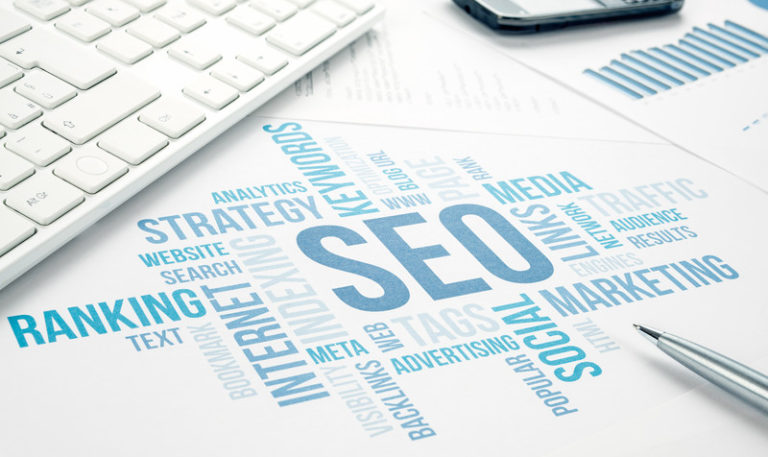Best SEO Target Pages: Homepage vs Blog Post
Is there no end to techniques and tactics for search engine optimization? No, because that’s what SEO is.
And we appreciate how some clever techniques used on certain websites can generate significant boosts to traffic and lead quality. That’s why SEO will always be a priority.
Techniques are well worth developing expertise in using. They need a little patience, confidence and mental gymnastics to comprehend then apply, but given how competitive rankings are, we need to do this.
Target or representative pages is just one tactical issue among hundreds that I have to decide upon with every client. Let’s let at the implications of which pages you set as your focus for rankings.
Which Pages Can Generate the Best Results?
Is homepage content more powerful and trustworthy than a blog post?
If it is, why doesn’t it rank better than blog posts? I have blog posts that have brought in one million visitors each, but not homepages.
Which has more powerful, engaging impact and significance, along with backlink creating power? We need to know this before we weave together our content strategy. It’s the compounding effect that helps us dominate rankings. In fact, this matter is actually woven with other advanced SEO techniques to build a very powerful, dominant presence in Google’s search results.
Few would argue that dominating the FREE, highly visible results pages where searchers are actively looking for products to buy right now is worth it.
Which Are Your Key Target Pages for Google?
Search engine optimizers have to choose specific pages to compete in the search results. Only strong pages will rank high. They become a focus not only to rank, but also as a key landing page which launch leads and sales.
Google refers to some pages a “representative content.” This is content they believe represents the best you have on a topic, and which they would prefer to show in the results. They’re not so much interested in all those other pages you’ve created. Instead, the focus is on your best material.
Aside from quality, the question of trustworthiness comes into play. Trust is a big component of rankings because Google wants to eliminate spam and they prefer to display content they feel is credible and not bogus to users. The user search experience is of importance to them since searchers are their customers.
So your best content pages have what users want. They’re on-topic, well-constructed, coherent, engaging, relevant, dynamic (well-crafted keyword focus), and most of all — trustworthy.
Yes, expertise, authority, and trustworthiness are the 3 components of the E.A.T model which Google introduced back in 2014.
Is The Home Page Most Representative of your Business?
And so our questions are:
- which pages most represent your business and brand?
- should Google trust and value the homepage more than your rich information blog posts on whatever topic?
- Is the homepage bound to be more authentic, or is really good fresh content on a specific in-demand topic more likely to be genuinely worthy and helpful?
You might think Google would value the homepage more since direct traffic often goes to the homepage. Business cards, trade show banners, paid sponsorships, and business cards have the domain url printed on them. And the homepage normally has the most heavily branded content on your site. Wouldn’t that suggest it’s the most authentic representation of your company?
Typically, content managers and brand managers and others will insist on a clear, powerful presentation of product/service benefits (unique value proposition) on the homepage. A brand is a powerful thing wherever it’s presented.
The customer’s path to purchase is designed to begin on the homepage. Because of customer engagement and branding concerns, it’s usually not stuffed with keywords and misleading, overhyped materials. Google does appreciate that.
The Home page is the one page that most bloggers, journalists, and customers will link to from their websites. They want to link to your company, not just a trendy topic or product. And the homepage usually is the most linked page within your website (internal linking). Your menus and text content on bottoms of pages will have more links point to your root domain (homepage).
What we have then, is a huge amount of Pagerank flowing to the homepage, providing lots of signals to Google that this page is your most important content. But is it your most important content?
Now you’re thinking, how could any page compete with that? Well, you can hype it up with artificial signals, but when Googlebot spiders your homepage it could leave disappointed (low quality spam content rating).
The static formal content, slow page loading speed, stiff branding priority, and heavy graphic content that gives lower core metrics scores make it unsavory for Google to rank. You could end up with much lower rankings and traffic.
Your Best, Most Popular Blog Post
The other contender for best content is a blog post. A blog post is often about an engaging topic rather than your “here’s our stuff, isn’t it the greatest?” homepage. Blogs are helpful, fresh, up to date, but may not cover enough to make them the most important content.
You can strategically design a blog to fulfill many purposes and prioritize those within your SEO.
Since more visitors, customers, bloggers, journalists, and social media users are likely to link to one of your exciting, trendy and engaging blog posts, isn’t it wise to make it an SEO focus?
Backlinks that point to a homepage are more a validation of your company and website. Backlinks to a blog post are validation of your treatment of an important topic. Therefore, blogs might not be the brand credibility creator you need.
Blogs Can be Powerful and Well Respected
However, as an example, if a blog post happens to generate a 100 backlinks vs the homepage which generates 40, the blog post may be the more powerful entity.
And blog posts are often rich with topical and thematic information for Google, along with all the keyword signals they love to see.
This means a blog post and section of blog posts can be very powerful and interesting to Google. Blogs often have micromaterial in them that is very important to bloggers or other visitors. The homepage may not.
Blog posts can be freshly updated with current references and material that Google sees as being more significant right now. As content ages or stays static, Google considers it less relevant to right now. Freshness is important. Google’s freshness update brought that into play in the core algorithm. However, freshness has to be done correctly or it may not work at all. Google’s AI-enhanced search indexing system is not easy to appease or fool.
Here’s What I’ve Discovered About these Two Target Content Options:
- homepages provide more brand credibility to the visitor, therefore sales conversions are more likely
- homepages attract the kind of backlinks that Google likes and Google likes brands
- blog posts are many, homepages are only one
- menu backlinks point to the homepage which can interfere with Google’s perception of it
- homepages are slow loading and have very poor core metrics — thus preventing a good ranking
- graphic heavy homepages cannot in themselves provide enough contextual weight to rank on a lot of phrases
- homepage content lacks relevant text and correct keyword usage
- homepage time on page and engagement are low as visitors clickthrough to other pages
- blog posts can play as a team to generate bigger gains
- blogs can present different information each month and be refreshed constantly
- blogs are easier to promote via social media because they’re about interesting timely topics
- blogs can be richly, keyword-optimized so you can compete for specific, important keyword phrases
- blog posts are about specific topics which respond directly to customer’s pain points
- blog posts can include more interesting content such as charts, images, quotes, videos and interactive material which grows engagement levels
- some essential, powerful content can’t be included in a corporate homepage
Combine Homepages and Blogs Strategically
Yes, advanced search engine optimization is all about strategy and your most important pages are at the center of that infrastructure.
It’s actually not a case of either/or. A world class SEO effort involves using both together without losing Pagerank, topic focus, or sending mixed signals to Googlebot.
These are one of the techniques that remind you to hire an SEO expert consultant to give you an edge. It’s so competitive now, you need to everything working for you, and not be wasting your time/resources.
Read more on the most essential topics of keyword selection, high quality content guidelines, high level techniques, how to improve content, excite visitors, manage Pagerank, creating linkable assets, industry expertise and more.
The more educated and confident you are of SEO strategy, the more willing you’ll be to acquire the resources necessary to build market leading results.
When you’re ready to get serious about SEO, call Gord at 416-998-6246.
Read more info on elite level strategy: SEO Company | SEO Topics | Real Estate SEO | Travel Marketing SEO | SEO Service | Rank High on Google | Keyword Strategy | Best SEO Company | Google Algorithm SEO | Content Impact | Increase Clicks | Advanced SEO Consultant | Outsource SEO | Search Engine Optimization


